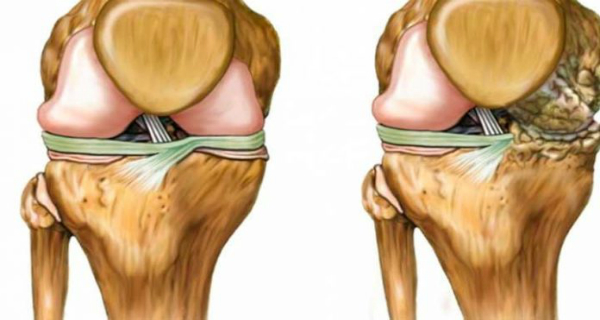Gluten Intolerance is very common condition for many people, which causes a reaction when they ingest this protein.

Gluten is a protein substance present in cereal grains, especially wheat, barley and rye. Wheat is the main ingredient in food such as bread, pasta and cereal, as well as salad dressings and soups. Rye is grain contained in beer, bread and cereal, and barley is chiefly used in brewing and stock feed. All this grains include gluten, so they can lead to gluten insensitivity.
Gluten intolerance could lead to autoimmune disorder known as celiac disease, which damages the small intestine.People with gluten intolerance also suffer from depression, pain and fatigue.
Once the person ingests gluten, the body stimulates an odd immune response which attacks the intestines. This causes damage that lowers the ability of the body to absorb nutrients. According to statistics, every 1 in 100 people is gluten-intolerant.
As soon as you avoid gluten, the signs of gluten intolerance abate.
Most common signs and symptoms include:
1. Abnormal immune function
The IgA antibodies that can be found in the gastrointestinal tract and saliva, have an opposite effect on the immune system. These antibodies are the first response to diseases, such as flu and cold. Therefore, when they have the opposite effect, the body isn’t able to protect itself completely.
2. Fatigue and exhaustion
Gluten intolerance can lead to exhaustion and fatigue as a result of inflammation and de-allocation of the energy reserves in the body, says medical experts.
3. Headaches and migraines
People with gluten intolerance often suffer from headaches and migraine. Recent studies show that 56% of the gluten intolerant people experienced migraines, but only 14% of the examined group suffered from the same issue.
4. Joint and muscle aches
WebMD and research published by the Arthritis Foundation shows that gluten intolerance causes Inflammation that leads to muscle and joint pain.
5. Brain fog
Brain fog (experience difficulty in concentrating, thinking or remembering) is common symptom of gluten intolerance, and is often result of celiac disease. Journal of Neurology, Neurosurgery and Psychiatry published an article under the title “Gluten sensitivity as a neurological illness”, which shows that immunoglobulins (category of antibodies), show an abnormal reaction to gluten which leads to disabled cognitive function.
6. Sudden weight gain
Sudden weight gain and systematic inflammation is common sign of this condition, due to gut permeability and malabsorption. Gluten-intolerant people by avoiding gluten can stabilize their weight.
7. Dental issues
There are many studies that showing direct link between dental issues and gluten intolerance. Study published in “BMS Gastroenterology” shows that the condition called “aphthous stomatitis” is directly caused by gluten intolerance. The metabolism which is gluten intolerant have trouble to maintains calcium levels, which is essential for healthy teethes and bones. It leads to canker sores and mouth ulcers.
8. Skin problems
Difficult conditions as eczema, acne and dermatitis herpetiformis (DH) are often caused by gluten intolerance. Malabsorption caused by gluten intolerance, affects the skin and causes redness, rashes, itching, burning and blisters. Sometime glute can cause Keratosis pilaris – common and harmless condition where the skin becomes rough and bumpy, as if covered in permanent goose pimples.
The Gluten Intolerance Group defines DH as “a chronic disease of the skin marked by groups of watery, itchy blisters that may resemble pimples or blisters.”




















